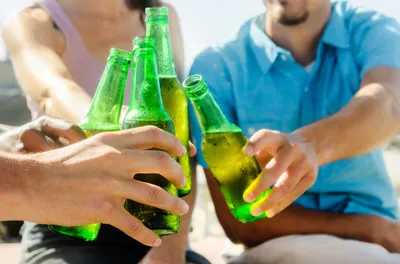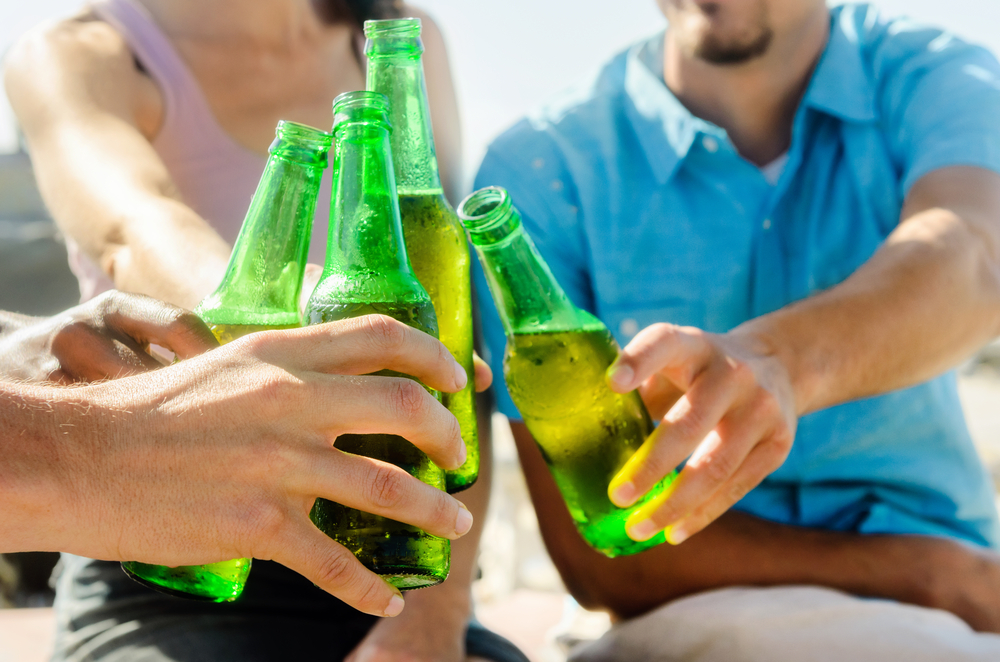
That’s the finding of researchers at the U.S. Centers for Disease Control and Prevention, who in a recent report said that 90 percent of people who binge drink are not, in fact, alcoholics.
“A lot of people mistakenly assume that people who drink too much are alcoholics,” noted the study’s co-author, Dr. Robert Brewer, who currently serves as the leader of the CDC’s alcohol program. Added Brewer: “The surprising finding was that nine out of 10 people who drink too much do not meet the diagnostic criteria for alcoholism.”
The report, which was recently published in the CDC journal Preventing Chronic Disease, defines binge drinking as four or more drinks on an occasion for women and five or more drinks on an occasion for men.
Alcoholism is different, the researchers insist. It’s considered a chronic condition that involves a constant craving for (and dependence on) alcoholic beverages, from beer to wine and hard liquor. Alcoholics, unlike most binge drinkers, will continue to drink consistently when they’re told it is unsafe for them to do so.
Overall, it’s estimated that excessive drinking causes about 88,000 deaths in the United States each year. Alcoholism can lead to several potentially fatal conditions, including breast cancer, liver disease, and heart disease.
Of course, the report is not intended to defend binge drinking. It can also be dangerous, with deaths occuring through violence, alcohol poisoning, and traffic accidents.
The report suggests that, should U.S. lawmakers feel the need to reduce alcohol consumption, they should consider raising the price of booze. “People’s drinking behavior is very responsive to price,” Brewer said. “If alcohol is more expensive, people tend to drink less.”



